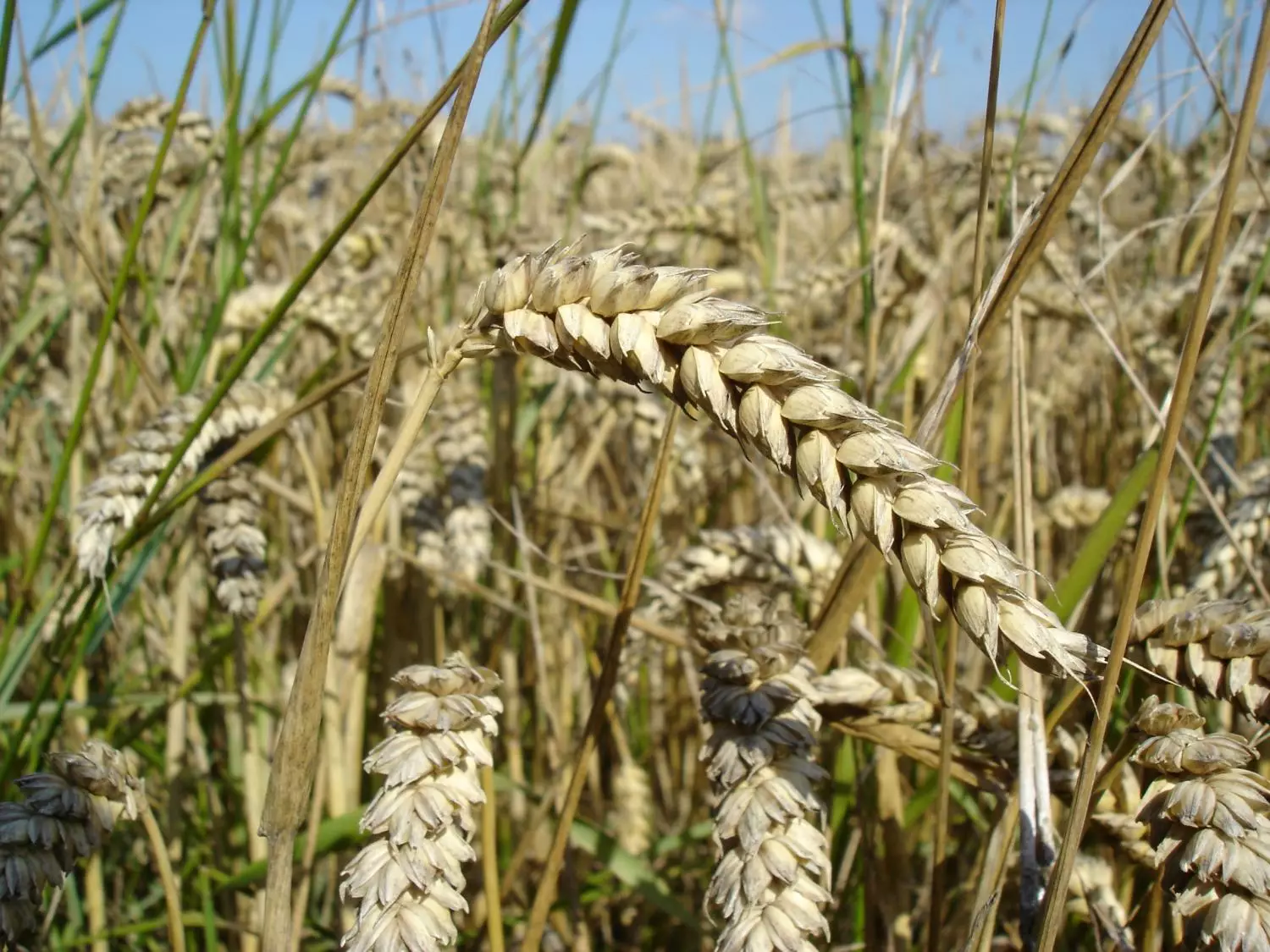A recent investigation by the Pesticide Action Network (PAN) has highlighted the concerning use of harmful pesticides in the UK that have been banned in other European countries. These pesticides have been linked to serious health issues and water contamination. In light of this, researchers at the University of Nottingham have made a groundbreaking discovery – a material that could replace current fungicides and provide a safer alternative for crop protection.
The material developed by the researchers at the University of Nottingham has undergone successful field trials. Professor Simon Avery, an expert in eukaryotic microbiology, explained that the material works by passively resisting the attachment of fungal spores, thus protecting crop surfaces. The key benefit of this material is that it is non-toxic, making it environmentally safe. The researchers identified two lead polymer candidates through bio-performance testing, which were then optimized and synthesized for use as a spray formulation on crops.
The field trial focused on wheat, one of the most economically and nutritionally important cereal crops. It aimed to demonstrate how the material interacts with crops and its effectiveness against fungal infections, specifically Septoria tritici. The trial compared the two polymer candidates with a multisite fungicide and two commercial fungicide programs. The results were promising, showing a significant reduction in fungal infection by up to 26% compared to the control group. Importantly, the crop treated with the material grew just as well as the control group, demonstrating its efficacy.
The potential of this material goes beyond crop protection. By replacing harmful fungicides, it could help improve food security by reducing the loss of crops to fungal infections. Additionally, the material shows promise in reducing the risk of fungicide resistance development, which would extend the life of existing products. This is crucial in preserving effective disease control strategies.
The use of this material could also have positive implications for wildlife and the environment. The investigation by PAN revealed that the UK still uses 36 harmful pesticides. By replacing these with a non-toxic alternative, the risk of water contamination is reduced, leading to improved environmental and wildlife protection. The researchers are committed to further optimizing the material, which will be crucial in ensuring its real-world effectiveness.
Future Steps
There is already a second field trial scheduled for this year to continue refining and improving the polymer material. The researchers are focused on turning their innovative research into a practical solution. By collaborating with agricultural and environmental consultancy firm ADAS, they are bridging the gap between academia and the industry. The initial results from the field trial have provided confidence that the material has the potential to be a game-changer in disease control strategies and crop protection.
The discovery of this new material by researchers at the University of Nottingham opens up exciting possibilities for crop protection. Its non-toxic nature, effectiveness against fungal infections, and potential to reduce fungicide resistance development make it an excellent candidate for replacing harmful pesticides currently in use. With further optimization and refinement, this material could play a vital role in increasing food security, protecting wildlife, and preserving the environment. It is a significant step forward in sustainable agriculture and offers hope for a safer and more secure future.



Leave a Reply